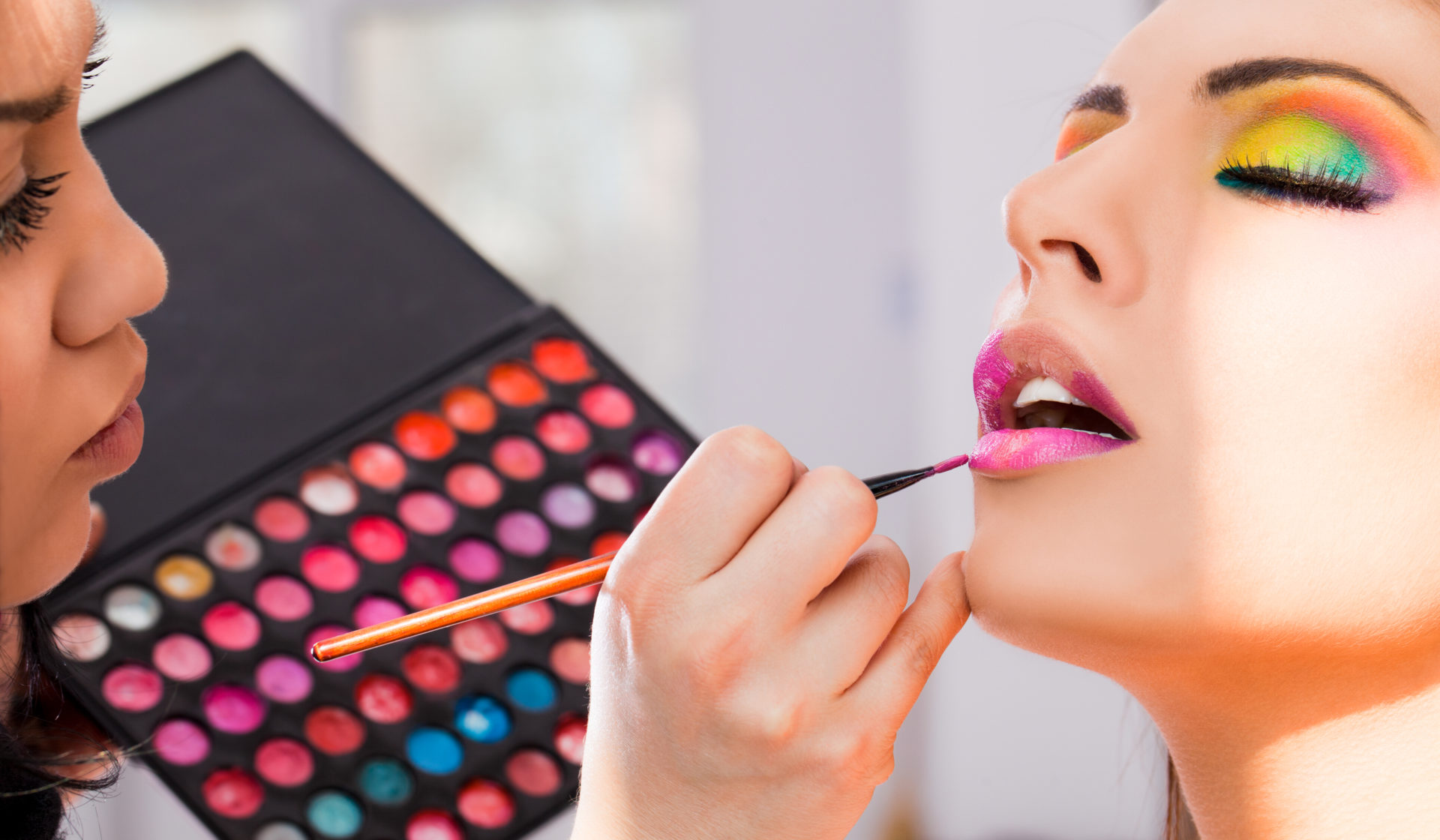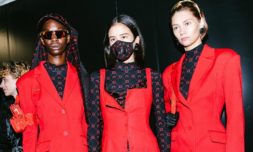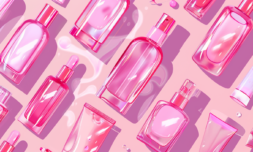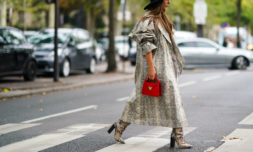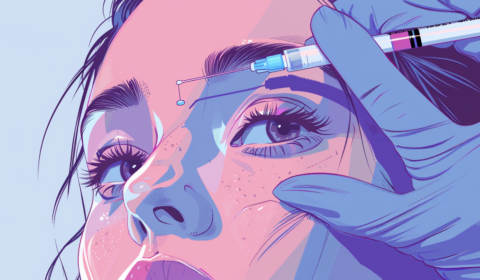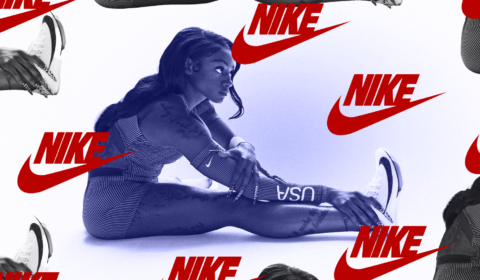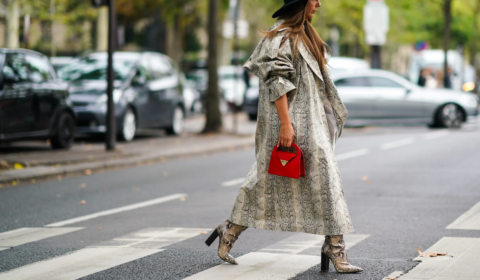Due to the mass shut down of retail around the world as the COVID-19 outbreak continues to worsen, the global beauty industry is being challenged to think digitally and quickly adopt virtual solutions.
The complete implications of COVID-19 on the beauty industry have yet to be felt in full effect, but its disruption is already highly evident. As the global pandemic continues to worsen, it’s unsurprising that industries reliant on physical interactions are suffering the most and the mass shut down of retail around the world is challenging them to come up with new ways of connecting with consumers.
Although it’s right to be concerned about the effects of the outbreak, many cosmetics brands are striving to innovate where possible, rather than succumbing to panic regarding their future. Companies like Glossier, which advertised itself as ‘online only’ from day one in an effort to appeal to tech-savvy consumers, have not to worry as their reputations have already been built. Where sales come down to word-of-mouth and popularity on social media it’s doubtful that these brands will take a considerable hit, especially with more and more people wanting to use their newfound free-time to experiment with makeup. Unfortunately, however, this isn’t the case for companies with a heavy focus on in-store interactions with consumers and that’s where technology comes in.
Two years ago, when beauty companies started investing heavily in AI and AR ‘try-on tools,’ it’s unlikely they anticipated that these technologies would become the new – and only – way to test products in 2020. However, alongside society’s complete shift to the virtual world, beauty companies have taken note and are making the jump themselves.
In fact, long before the world came to a sudden halt and people began isolating themselves to avoid contracting the virus, Perfect Corp, Glamst, and ModiFace had successfully garnered a great deal of interest from top cosmetics brands such as L’Oréal and Ulta with their omni-channel technology features. Ahead of the game with their development of this tech, these companies have been dedicated to transforming how consumers, content creators, and beauty brands interact together for a while now, and it’s a change that’s currently more significant than ever.
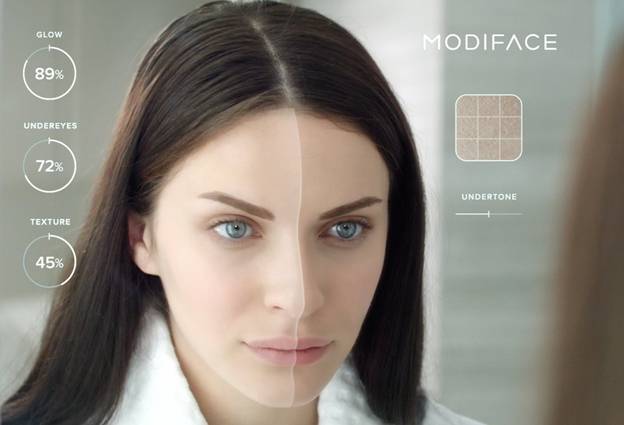

Now required to ‘think digitally and adopt virtual solutions quickly with social distancing limiting human contact’ (in the words of Alice Chang, CEO of Perfect Corp), a large number of cosmetics brands are turning to this unique technology to stay afloat. Reliant on e-commerce for their sales in the coming weeks, or even months (who’s to say), ‘try-on’ apps are a valuable option for generating revenue that would otherwise be produced in-store.
Of course, many brands still consider IRL salespeople as playing a vital role in effectively driving conversations about their products, and it’s for this reason that Perfect Corp set up a live chat platform connecting online shoppers with store associates on March 9. Virtual consulting programmes like these mean that consumers not only have an option to test products with AI or AR, but they also have access to human connection and professional guidance, an integral part of the cosmetics-buying process.









